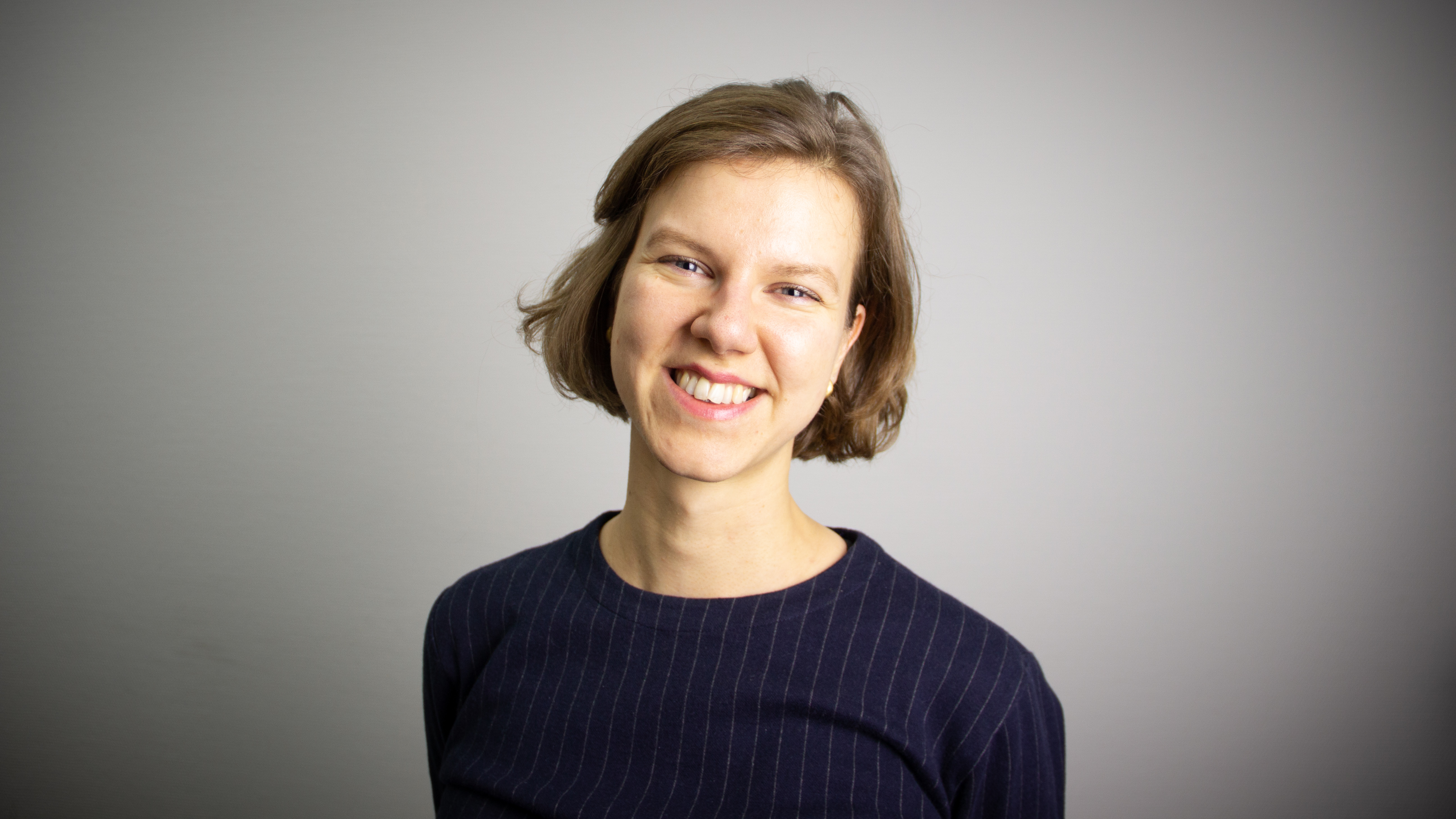Unsere vernetzte Welt verstehen

Wie kann europäisches Plattform Entrepreneurship erfolgreich sein?
HIIG-Forscherin Tina Krell hatte die Gelegenheit, Aleksandar Orlić von Randevu.tech zu interviewen. Gemeinsam sprachen sie über das Plattform-Unternehmertum in Europa und die Chancen sowie Herausforderungen der Zukunft. Das Gespräch stützt sich auf den reichen Erfahrungsschatz des in Berlin lebenden Orlić in Bezug auf Start-ups und den Technologiesektor. Im Zentrum steht die Frage, wie Innovation das Plattformunternehmertum leichter zugänglich machen kann.
In the ongoing regulatory debate on digital platform businesses, European platform companies are often bypassed. Whenever there is a public debate on European platforms, the underlying discussion revolves around questions like: Why don’t we have a ‘European Google or Facebook’? Why don’t we compete globally in tech?
Yet, platform businesses come in many shapes and sizes (Lehdonvirta, et al. 2020). Successful platform companies are more than just a “few very large online platforms.” Instead of comparing apples and pears, the Platform Alternatives research project focuses on the business realities of European platform entrepreneurs.
The platform alternatives research project interviewed one such European entrepreneur, Aleksandar Orlić, Co-Founder and CEO of Randevu.tech. The company is a platform-as-a-service provider for letting founders build complex marketplaces with minimal code. Orlić is a serial entrepreneur and a passionate software engineer with more than 20 years of experience in coding, analysing, architecting, mentoring, and leading in the world of technology.
An interview with the platform-as-a-service startup Randevu.tech
Tina Krell: How would you explain your business to someone without prior knowledge?
Aleksandar Orlić: We are kind of AWS [Amazon Web Services] for marketplaces and matching platforms. It’s a software tool initially targeted at non-tech people and business people who are aspiring to create some sort of marketplace or matching platform. So it’s a software tool that helps you create this kind of platform for your end-users and you can match whatever you want. We want to encourage business owners and entrepreneurs to change how they think about platform businesses and not to be restricted by a rigid platform architecture.
TK: What’s the innovative part of it?
AO: The innovative part is that it’s extending the conception and understanding of the marketplace and matching platform as it is. If you take the average person and ask him or her what is a marketplace? 90% of them would identify it with Amazon or e-commerce. The remaining 5% would also look a little bit ahead, which is that it has two sides and some interest in connecting both sides. But some platforms have to do much more because end users have to trust people on the other end. With randevu you have the flexibility to adapt the infrastructure. Our approach is to give short-term and long-term scalability with a mix of no code marketplace configuration and well-placed API integrations. There is no defined kind of solution in the product space for this kind of thing. So the business space is evolving, but in the product space and technology space, not too much. That’s the innovation and what makes us different, and that’s why I prefer to say it’s AWS for marketplaces.
TK: What drives you to build this platform-enabling technology?
AO: Its impact on the global economy and global wealth. It’s kind of doing something good. It’s something good for the whole society, not only for a limited number of people. And on the other side, it’s kind of risky, innovative thinking, making us learn much more about something that we dedicated our lives to, which is technology and building something. And it’s a tech start-up, and I’m a tech guy. Here you also have the opportunity to develop something really original. There is nothing for this to copy from the product side. So, you know, it’s kind of really creative work, which can be potentially useful for society.
TK: Where do you see the opportunities for starting a platform company in Europe?
AO: When you put it in the context of Germany, I think the biggest problems come later because in this early stage you have a lot of opportunities, especially in Berlin. It’s kind of the epicentre of the start-up world, I wouldn’t say worldwide, but one of the hottest spots in the world, definitely. And in Europe, maybe the first one. So, really nothing wrong with that. A lot of possibilities, accelerators, helpers, early-stage advisories, or all kinds of incubators.
TK: Where do you see challenges for starting a platform company in a European country such as Germany?
“I would say administration and bureaucracy are kind of the most difficult issues in general, at least in my experience.”
AO: What is complicated in Germany is regulation; when it comes to forming apparently simple things like incorporating your entity or holding open bank accounts. You know, if you dive into regulated domains like banking, for example, again, it’s really complicated. It takes a lot of time to solve these administrative issues. So I would say administration and bureaucracy are kind of the most difficult issues in general, at least in my experience.
TK: I’m surprised that you didn’t bring up funding. The lack of funding is often mentioned in that context.
AO: I didn’t even think about it, and I’m happy because of it. I really believe that the funding will come if you do your homework right. You know that there is a certain uncertainty there, but it can be done if you prove that you are onto something good. There are people who will listen. And if you can execute, there are people who will give money. So I think it depends on you.
Key Takeaways (TL;dr)
There is a lot of potential for starting a platform business in Europe, especially in Berlin. Accelerators, early-stage advisory boards, and incubators make it easy to validate ideas and test the market.
Regulation, bureaucracy, and administration might be much more of a key limiting factor than access to funding in Germany. Yet, opportunities seem to outweigh challenges.
In-demand innovation will likely trump geographic determinants, advantages, or disadvantages from the founders’ perspective.
Dieser Beitrag spiegelt die Meinung der Autorinnen und Autoren und weder notwendigerweise noch ausschließlich die Meinung des Institutes wider. Für mehr Informationen zu den Inhalten dieser Beiträge und den assoziierten Forschungsprojekten kontaktieren Sie bitte info@hiig.de

Jetzt anmelden und die neuesten Blogartikel einmal im Monat per Newsletter erhalten.
Digitale Zukunft der Arbeitswelt
Netzecho: Reaktionen auf die Tagesschau in Einfacher Sprache
Seit 2024 gibt es die Tagesschau in Einfacher Sprache. Wie wird das neue Nachrichtenformat von Nutzer*innen im Internet diskutiert?
Chancen gegen Einsamkeit: Wie Pflegeeinrichtungen das Quartier vernetzen
Was hilft gegen Einsamkeit im Alter? Pflegeeinrichtungen schaffen neue Räume für Gemeinschaft und digitale Teilhabe.
Unfreiwillig nackt: Wie Deepfake Porn sexualisierte Gewalt gegen Frauen verschärft
Deepfake Porn nutzt KI, um täuschend echte Nacktbilder ohne Einwilligung zu erzeugen, meist von Frauen. Wie können wir Betroffene besser schützen?




